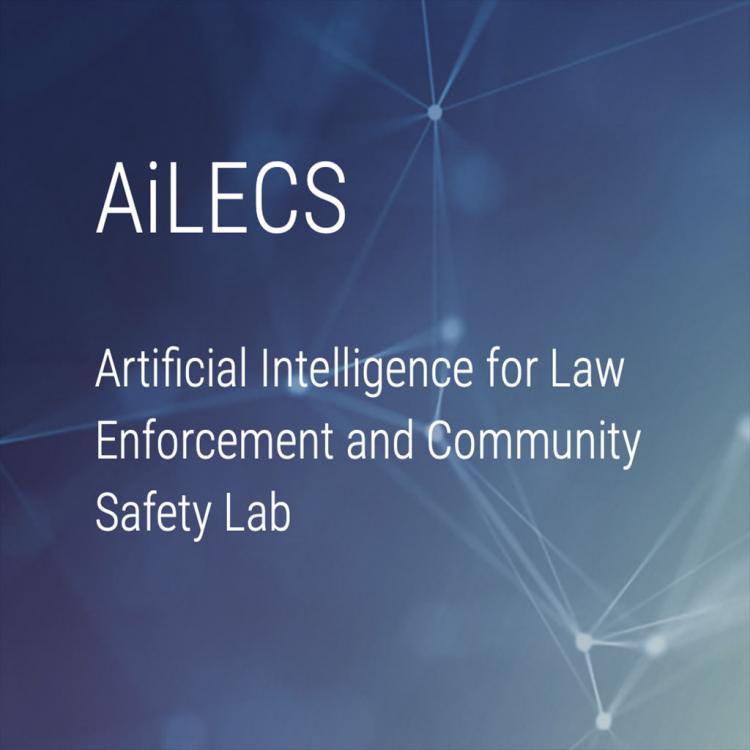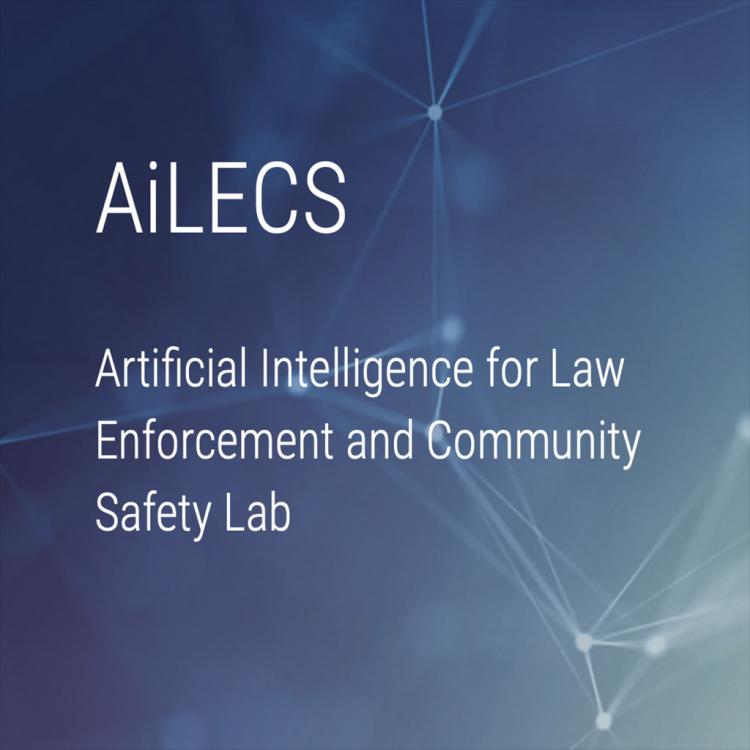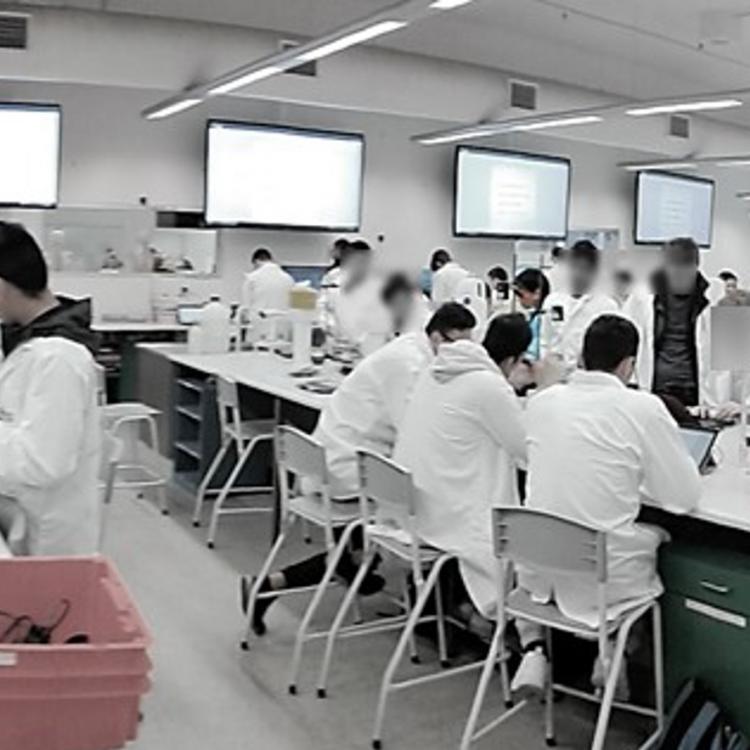We are seeking a highly motivated and innovative PhD student interested in exploring the opportunities for using AI to enhance personalisation of services and resource recommendations, ultimately optimising the overall user journey. This project will improve the care pathway experience for young people and families accessing mental health services through the headspace website.
Possible approaches to addressing this challenge might include:





